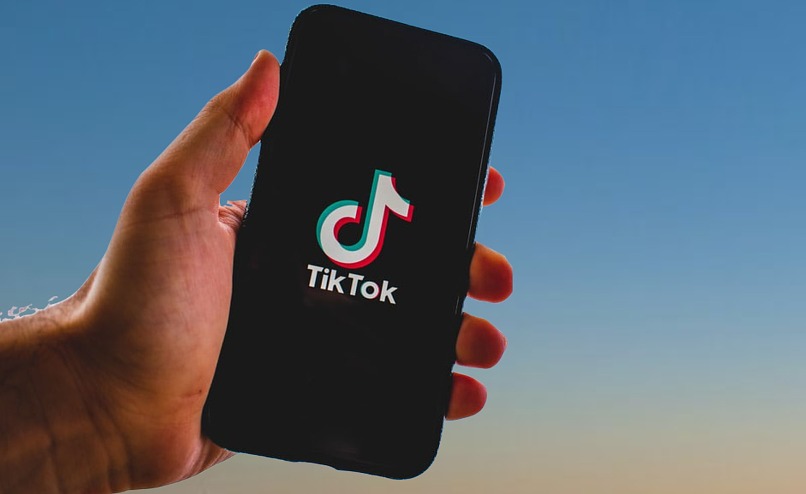BBC Advises Staff to Remove TikTok from Corporate Devices

The BBC has become the second European news outlet to advise against the use of TikTok on work-issued devices, joining Denmark’s public-service broadcaster DR. The decision comes a week after the UK banned the Chinese video-sharing app on all government-issued devices.
The BBC stated that it would continue utilizing the platform for editorial and marketing purposes, and employees are still permitted to use it on their personal devices.
Based on a BBC report, a staff email was sent out stating the ban was “based on concerns raised by government authorities worldwide regarding data privacy and security.” If TikTok was not needed for business reasons on any given corporate mobile device, then it was advised to be deleted.
The move contrasts the BBC’s approach on the Chinese social media platform, where it enjoys 1.2 million followers on the BBC News handle and 4 million followers on another official account.
Responding to the decision, TikTok said it was disappointed with the announcement from the UK’s most prominent news broadcaster. A TikTok spokesperson stated that “We believe these bans have been based on fundamental misconceptions and driven by wider geopolitics.
The governments of the United States, Canada, New Zealand, and Belgium are among those that have also enforced bans on TikTok for staff devices, and the same applies to all European Commission employees.
As reported last month, the CEO of the short-video platform, Shou Zi Chew, will appear before Congress on March 23rd. Speaking to the community of 150 million TikTok users in the US, Chew shared a minute-long video talking about the Congressional hearing and the impact it could have on American users.
Chew said that almost half of the US population used TikTok, of which 5 million were “small and medium businesses.” Chew also mentioned a new bill introduced by a dozen US Senators, which has the backing of the White House, that could lead to a nationwide ban on TikTok, with Chew stating that this move “could take TikTok away from all 150 million of you.”



Please, comment on how to improve this article. Your feedback matters!